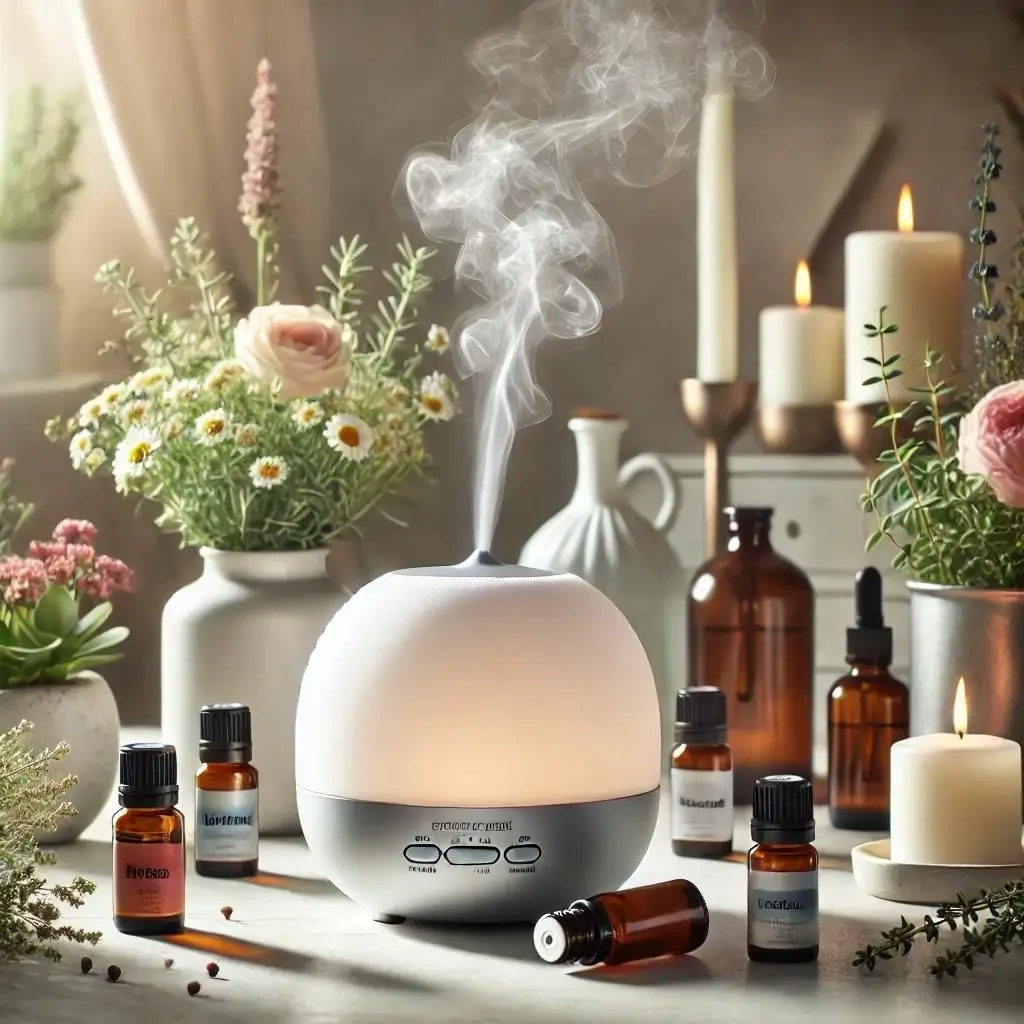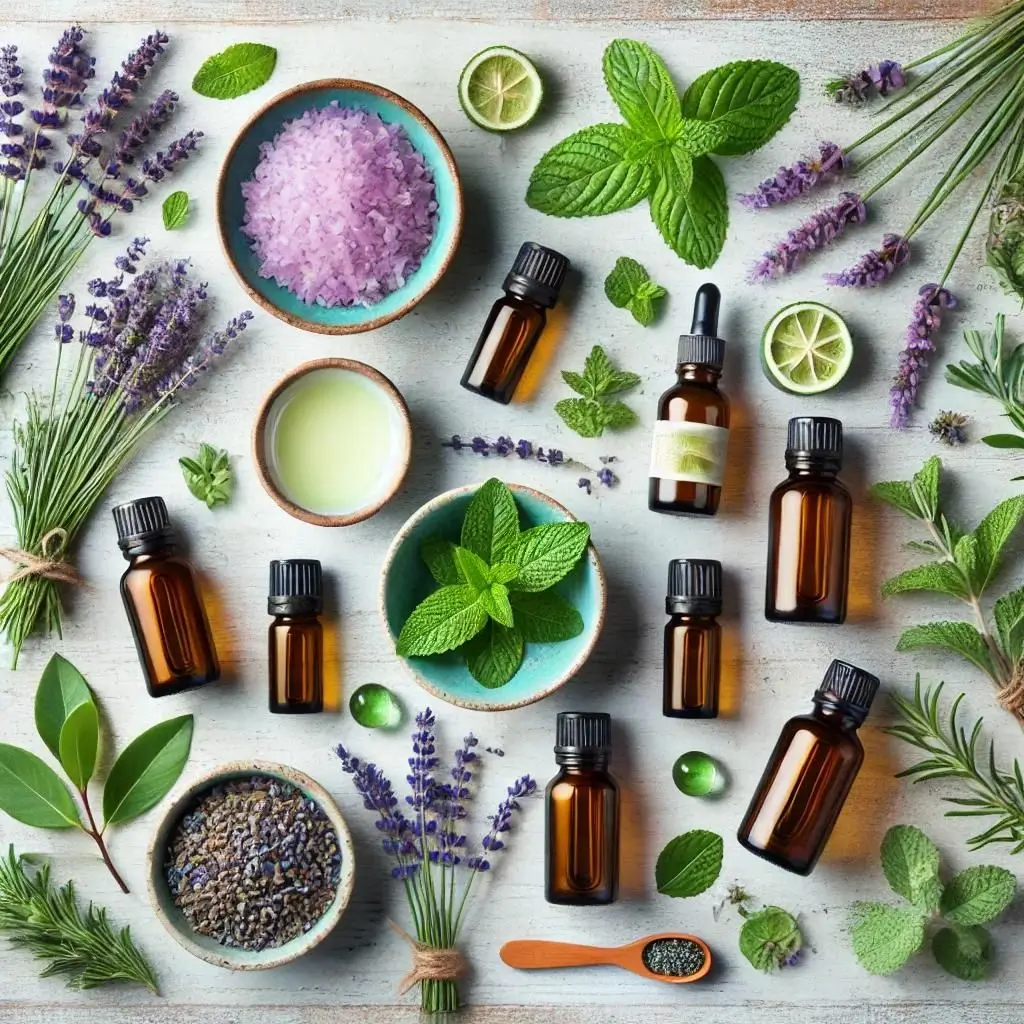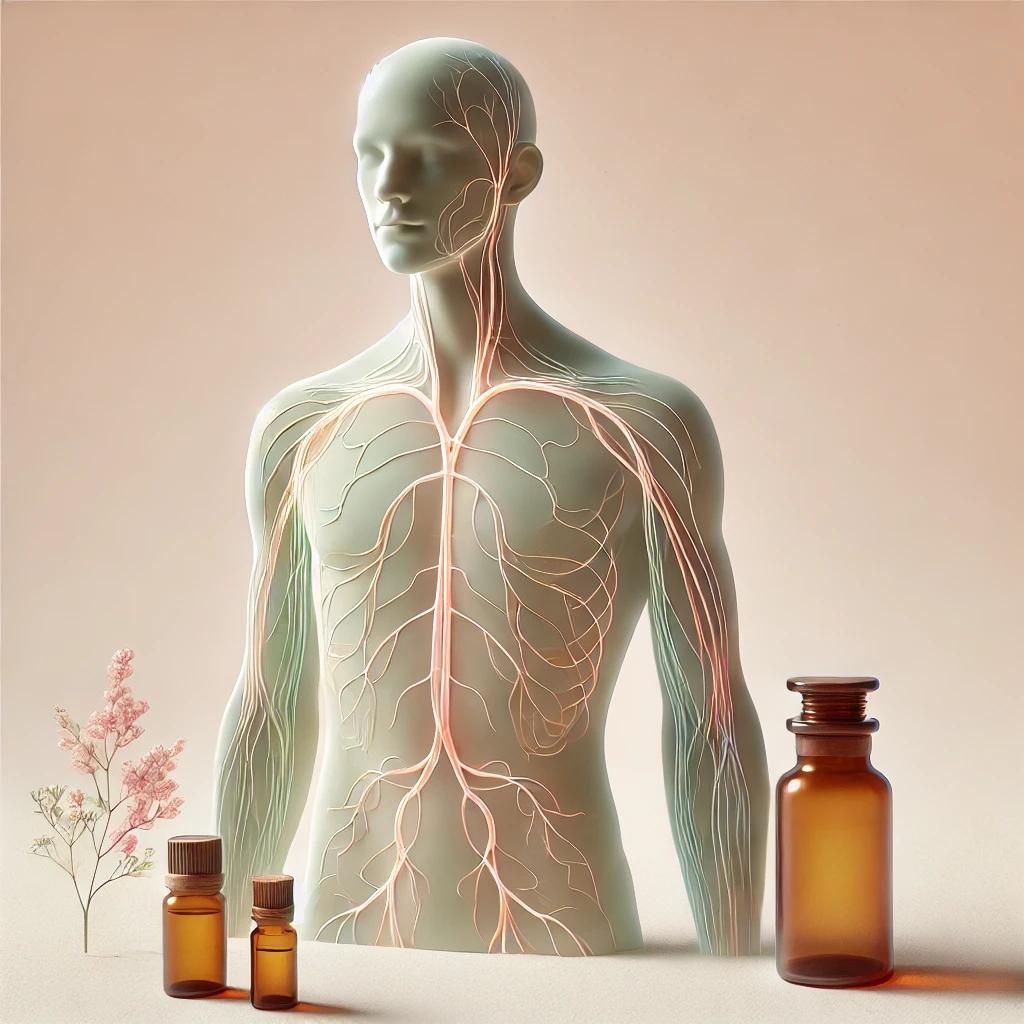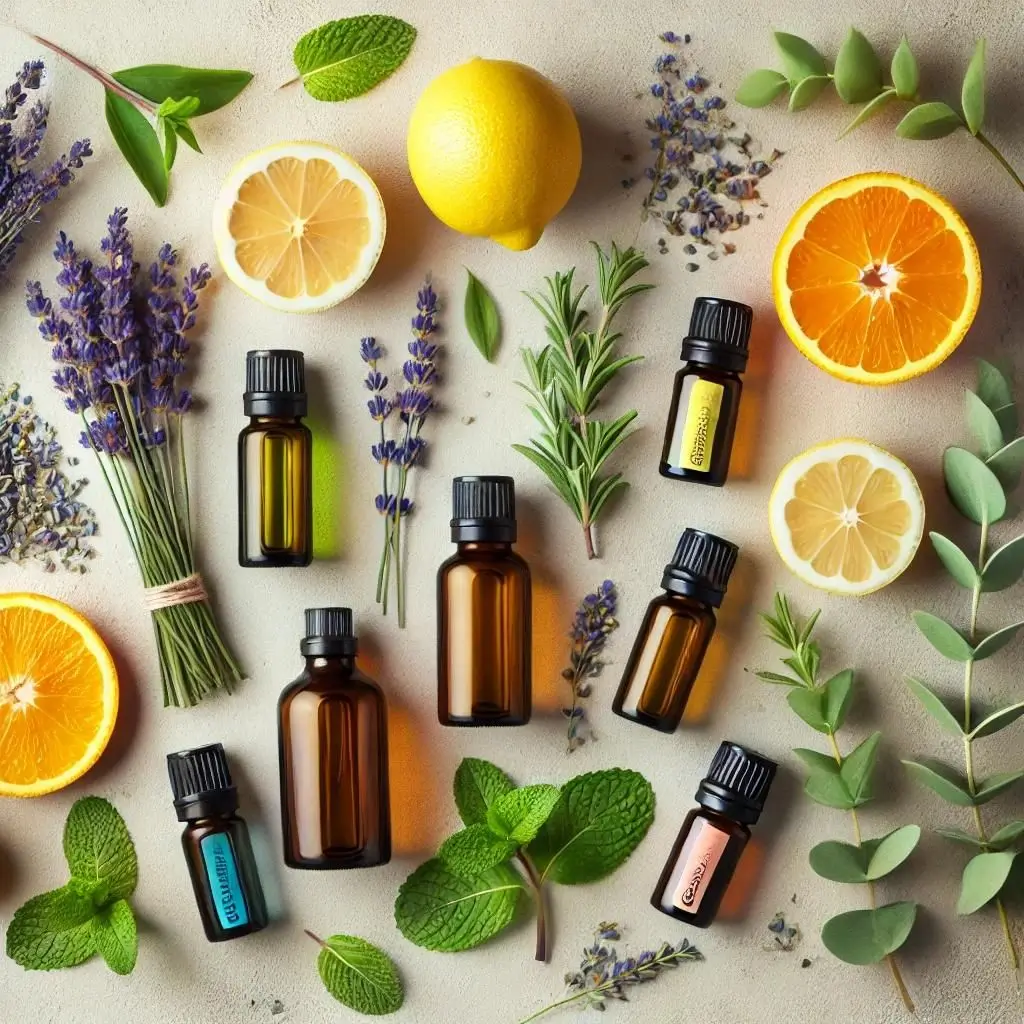Warts are small, benign growths on the skin caused by the human papillomavirus (HPV). They can appear on various parts of the body and are often stubborn to treat. Essential oils, with their natural antiviral, antiseptic, and anti-inflammatory properties, offer an alternative treatment option for warts. This article explores the top essential oils for warts, how they work, and the best ways to use them for optimal results.
How do essential oils help with warts?
Essential oils help with warts due to their natural antiviral and antiseptic properties. These oils can penetrate the skin, attacking the virus that causes the warts and promoting healing. Here are some key points about how essential oils assist in treating warts:
- Antiviral properties: Essential oils can target the HPV virus directly, reducing the growth and spread of warts.
- Antiseptic action: They help keep the affected area clean, preventing secondary infections.
- Anti-inflammatory effects: Essential oils can reduce inflammation and soothe irritated skin.
- Skin regeneration: Certain oils promote skin regeneration, helping to remove warts and prevent scarring.
| Property | Benefit |
|---|---|
| Antiviral | Attacks HPV virus |
| Antiseptic | Prevents secondary infections |
| Anti-inflammatory | Reduces skin irritation |
| Skin regeneration | Helps heal and prevent scars |

Which essential oils are best for warts?
Several essential oils are particularly effective in treating warts. Here are some of the most recommended ones:
- Tea Tree Oil: Known for its powerful antiviral and antiseptic properties.
- Oregano Oil: Contains carvacrol, which has strong antiviral effects.
- Frankincense Oil: Helps in reducing inflammation and promotes skin healing.
- Lemon Oil: Known for its antiviral properties and ability to promote skin regeneration.
- Eucalyptus Oil: Has antiviral and anti-inflammatory properties.
- Lavender Oil: Soothes the skin and helps in healing.
- Peppermint Oil: Offers antiviral and cooling effects.
- Clove Oil: Contains eugenol, which has antiviral properties.
- Thyme Oil: Known for its potent antiviral action.
- Cedarwood Oil: Helps in treating various skin conditions, including warts.
| Essential Oil | Key Benefit |
|---|---|
| Tea Tree | Antiviral, Antiseptic |
| Oregano | Strong Antiviral |
| Frankincense | Reduces Inflammation |
| Lemon | Promotes Skin Regeneration |
| Eucalyptus | Anti-inflammatory |
| Lavender | Soothing, Healing |
| Peppermint | Cooling, Antiviral |
| Clove | Antiviral |
| Thyme | Potent Antiviral |
| Cedarwood | Skin Treatment |
How do you use essential oils to treat warts?
Using essential oils to treat warts involves several steps. Here’s a detailed guide on how to apply them effectively:
- Clean the area: Wash the affected area with soap and water, then dry thoroughly.
- Dilute the oil: Mix essential oil with a carrier oil (like coconut or jojoba oil) to prevent skin irritation. A typical ratio is 2-3 drops of essential oil per teaspoon of carrier oil.
- Apply the oil: Use a cotton swab to apply the diluted oil directly onto the wart.
- Cover the wart: Cover the wart with a bandage to keep the oil in place and protect the area.
- Repeat application: Apply the oil 2-3 times daily until the wart diminishes.
- Observe changes: Monitor the wart for changes in size and color.
- Maintain hygiene: Keep the area clean to avoid spreading the virus.
How long does it take for essential oils to work on warts?
The time it takes for essential oils to work on warts varies depending on several factors, including the size and type of wart and the consistency of the treatment. Here is a general timeline:
- Initial application: You may start noticing changes in the wart’s appearance within 1-2 weeks.
- Continuous treatment: Persistent application for 4-6 weeks is often necessary for significant improvement.
- Complete removal: For some warts, it may take up to 2-3 months for complete removal.
- Stubborn warts: In some cases, particularly stubborn warts may require extended treatment or alternative therapies.
| Timeline | Observations |
|---|---|
| 1-2 weeks | Initial changes |
| 4-6 weeks | Significant improvement |
| 2-3 months | Complete removal possible |
| Stubborn warts | May require extended treatment |
Are there any side effects of using essential oils on warts?
While essential oils are generally safe, they can cause side effects, particularly if used improperly. Here are some potential side effects to be aware of:
- Skin irritation: Some oils can cause irritation, redness, or a burning sensation.
- Allergic reactions: Rarely, essential oils may cause allergic reactions in sensitive individuals.
- Photosensitivity: Certain oils, like lemon oil, can make the skin more sensitive to sunlight.
- Toxicity: Using undiluted essential oils or excessive amounts can be toxic.
To minimize side effects, always perform a patch test before using a new oil, dilute oils properly, and follow recommended usage guidelines.
Can essential oils prevent warts from spreading?
Essential oils can help prevent warts from spreading by targeting the virus that causes them and maintaining skin health. Here’s how they can help:
- Antiviral properties: Essential oils attack the HPV virus, reducing the risk of new warts forming.
- Skin barrier support: They strengthen the skin’s natural barrier, making it more resistant to infection.
- Hygiene improvement: Regular use of essential oils can help keep the skin clean and free from viruses.
| Benefit | How it Helps |
|---|---|
| Antiviral | Reduces HPV presence |
| Skin barrier support | Strengthens resistance |
| Hygiene improvement | Keeps skin virus-free |
What precautions should be taken when using essential oils?
When using essential oils, it’s crucial to follow these precautions to ensure safe and effective treatment:
- Patch test: Always perform a patch test before full application to check for allergic reactions.
- Dilution: Dilute essential oils with a carrier oil to avoid skin irritation.
- Avoid sensitive areas: Do not apply essential oils to sensitive areas such as the eyes, mouth, or genitals.
- Use sparingly: Use only the recommended amount to prevent toxicity.
- Sun protection: Protect treated areas from sun exposure, especially when using photosensitive oils.
Can essential oils be used on all types of warts?
Essential oils can be used on various types of warts, but their effectiveness may vary. Here’s a breakdown of how they work on different types:
- Common warts: Typically respond well to essential oils like tea tree and oregano.
- Plantar warts: Can be treated with stronger oils like oregano or clove.
- Flat warts: Gentle oils like lavender and frankincense are recommended.
- Filiform warts: Tea tree and eucalyptus oils are effective.
- Periungual warts: Require careful application of milder oils like lavender.
Is it safe to use essential oils on children’s warts?
Using essential oils on children’s warts is generally safe if done correctly. Here are some guidelines:
- Dilution: Use a higher dilution ratio (more carrier oil) for children’s sensitive skin.
- Patch test: Always perform a patch test before full application.
- Choose mild oils: Opt for gentler oils like lavender and tea tree.
- Supervised application: Ensure that applications are done under adult supervision to prevent accidental ingestion or misuse.
What are the success rates of essential oils in treating warts?
The success rates of essential oils in treating warts can vary based on several factors:
- Type of wart: Common and plantar warts often respond better than more stubborn types.
- Consistency of use: Regular, consistent application improves success rates.
- Individual response: Some individuals may respond better to certain oils than others.
- Combination with other treatments: Combining essential oils with other treatments can enhance effectiveness.
| Factor | Impact on Success Rate |
|---|---|
| Type of wart | Varies with wart type |
| Consistency of use | Regular use improves results |
| Individual response | Varies by person |
| Combination therapy | Enhances effectiveness |
Conclusion
Essential oils offer a natural and effective way to treat warts, leveraging their antiviral, antiseptic, and anti-inflammatory properties. By understanding the best oils to use and following proper application methods, you can achieve significant results in managing and reducing warts. Always remember to perform a patch test, dilute oils properly, and consult a healthcare professional if needed, especially when treating children or persistent warts.



